detail profile marko nikoli c4 87
Peran Yang Di Mainkan Marko Nikolić
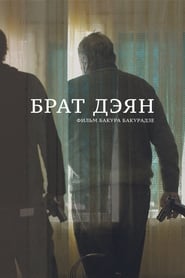 The last twelve months in the...
The last twelve months in the...Brother Dejan 2015
The last twelve months in the life of Dejan Stanić, a former general in the Balkan war. For ten years, he was forced to hide from justice, especially the International Criminal Tribunal for the former Yugoslavia, on various undisclosed military bases. He finally found refuge with Slavko, an old man living in a small village in the mountains. Suffering from extreme isolation, Dejan will not only have to face a new environment and a new reality but won’t be able to escape his past.
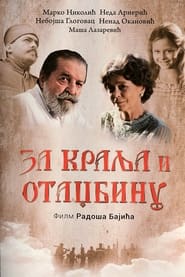 The film is picturing the faith...
The film is picturing the faith...For the King and Fatherland 2015
The film is picturing the faith of the old Serbian warrior Milisav Janjic, who fought against the German occupation in the Second World War as a member of the "Ravnogorski pokret". The storyline narrates his memories of the past and the war events in the spring of 1941 interwoven with the contemporary moments, the author features the attack of fascist Germany, the April war and the fall of the Kingdom of Yugoslavia, the misfortune placed upon the Serbian people, loss of freedom, birth of the freedom movement in Serbia and one Serbian soldier, who after 70 years of expatriation in America returns to his homeland.
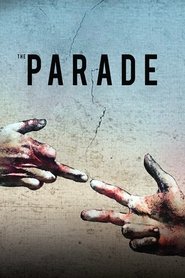 The Parade in a tragicomic way...
The Parade in a tragicomic way...The Parade 2011
The Parade, in a tragicomic way, tells the story about ongoing battle between two worlds in contemporary post-war Serbian society - the traditional, oppressive, homophobic majority and a liberal, modern and open-minded minority... The film, which deals with gay rights issues in Serbia, features footage of the 2010 Belgrade gay pride parade. The film introduces a group of gay activists, trying to organize a pride parade in Belgrade.
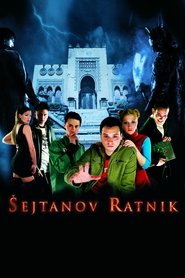 Trouble usually starts when the power...
Trouble usually starts when the power...Sheitan Warrior 2006
Trouble usually starts when the power falls into the wrong hands. That's how the book that hides an ancient evil fell to Stanislav. It does not matter whether Stanislav is a nice guy who helps old ladies cross the street, a psychopath, nerd, or a blood-thirsty young man.
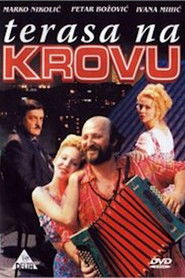 Two very different but aging neighbors...
Two very different but aging neighbors...Terrace on the Roof 1995
Two very different, but aging neighbors, Ratko and Krekich, share a rooftop terrace. Their settled lives are overturned by the arrival of an outgoing young girl, Andja, who takes the empty flat next door. But their dreams of revived youth and love and a better life, outside the strife of Yugoslavia's civil war, are short-lived as jealousy and army duty tear them apart.
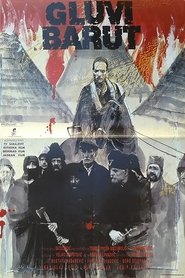 Silent Gunpowder SerboCroatian Gluvi barut is...
Silent Gunpowder SerboCroatian Gluvi barut is...Silent Gunpowder 1990
Silent Gunpowder (Serbo-Croatian: Gluvi barut) is a Yugoslavian war film Based on a novel by Branko Ćopić and set during World War II, the film tells the story of a Serbian village in the mountains of Bosnia and its villagers who found themselves divided along two opposing ideological lines, represented by the Chetniks and the Partisans. These two opposing sides are personified in the Partisan commander Španac and a former Royal Army officer Radekić. Španac sees Radekić as the cause of villagers' resistance to the new, Communist, ideology and so the main plot axis is the conflict between them. At the 1990 Pula Film Festival, the film won the Big Golden Arena for Best Film, as well as the awards for Best Actor in a Leading Role (Branislav Lečić), Best Film Score (Goran Bregović). The film was also shown at the 1991 Moscow International Film Festival, where both Branislav Lečić and Mustafa Nadarević won the Silver St. George Award for their performances.
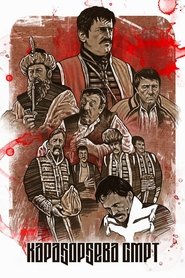 The story about the death of...
The story about the death of...The Death of Black George 1984
The story about the death of Karadjordje, the elected leader of the First Serbian Uprising that aimed at liberating Serbia from the Ottoman Empire.
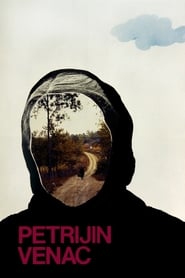 This film takes place in a...
This film takes place in a...Petria's Wreath 1980
This film takes place in a small mining town in Serbia, within a time span covering the prewar, war, and postwar period. A story about tragic life of an illiterate woman from village, about her life with three men she loved. Her life, torn between dreams and reality, is a life of suffering, loneliness, disappointment, hope and love.
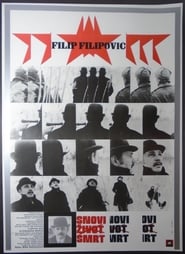 The life and death of an...
The life and death of an...Dreams, Life, Death of Filip Filipović 1980
The life and death of an educated communist activist who brought Bolshevik ideas to his native Serbia upon his arrival from Russia at the beginning of the 20th century.
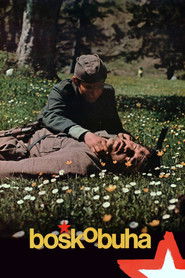 The movie is based on the...
The movie is based on the...Boško Buha 1978
The movie is based on the true story about a group of children, barely teenagers, who joined Yugoslav Partizans after losing their families in WW2. At first, Partizans want to get rid of them, but later they are joining combat ranks. Among them, Bosko Buha would become a legend because of his skill in destroying enemy bunkers.
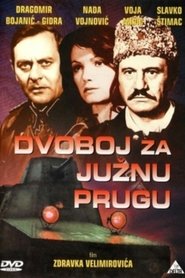 Autumn 1941 Titos partisans are ordered to...
Autumn 1941 Titos partisans are ordered to...The South Railway Battle 1978
Autumn, 1941. Tito's partisans are ordered to attack a railway network system used by the Germans, their Bulgarian allies and local collaborators. A bloody battle ensues.
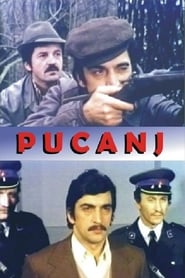 In a village of heterogeneous ethnic...
In a village of heterogeneous ethnic...A Shot 1977
In a village of heterogeneous ethnic composition (populated by Serbs and Croats), the local hunter gets wounded by an accidental shot which stirs up passion among the two communities.
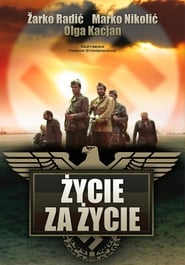 Maiden Bridge is a place of...
Maiden Bridge is a place of...Maiden Bridge 1976
"Maiden Bridge" is a place of exchange of German prisoners and partisans captured by the Germans. Unit with nine captured Germans is marching towards the bridge. there is double trouble for partisans, since they are surrounded by the hostiles and also going directly into the hands of ruthless enemy leaders.
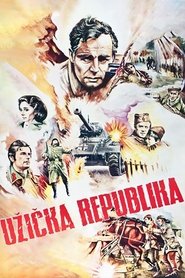 In 1941 a few months after German...
In 1941 a few months after German...The Republic of Užice 1974
In 1941, a few months after German tanks forced Yugoslav Royal Army to capitulate, organized resistance is turning into massive uprising against occupying forces. Partisans, led by the Communist party, manage to chase Germans from huge territory later known as the Uzice Republic. However, forces loyal to King have some other ideas.
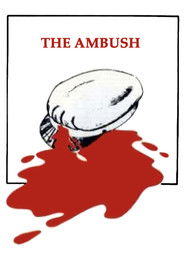 Idealistic young man supports the party...
Idealistic young man supports the party...The Ambush 1969
Idealistic young man supports the party and the new Yugoslavia's communist regime, but soon gets involved in various political and criminal machinations becoming more and more confused about what's right and what's wrong.
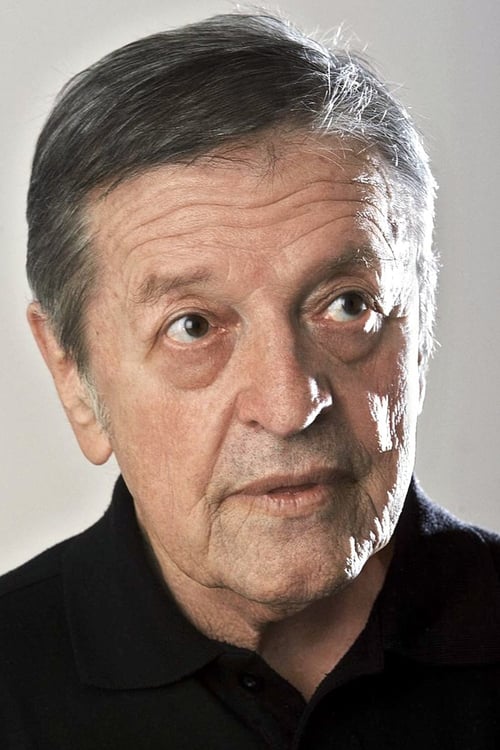
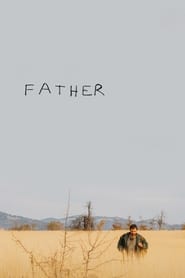 Nikolas children are taken away from...
Nikolas children are taken away from...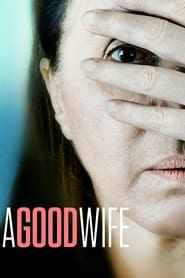 When 50yearold Milena finds out about...
When 50yearold Milena finds out about...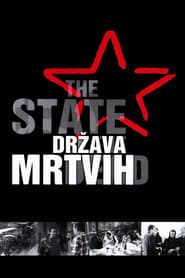 When the war in Yugoslavia breaks...
When the war in Yugoslavia breaks...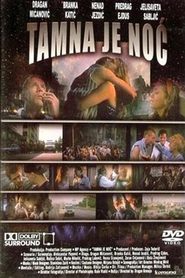 Belgrade in 1992 breaking up of Yugoslavia...
Belgrade in 1992 breaking up of Yugoslavia...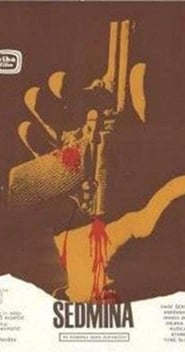 The first days of war in...
The first days of war in...